Dan DiDio Explains To Mark Millar He Went Behind Editors To Deal With Talent When He Took Charge Of DC Comics

Running DC Comics is no easy job and never was. As true as that is of all wings of the operation up to the Hollywood level, the publishing end takes the cake. Many have come to lead the organization and many have gone, but no one in recent memory steered the ship longer than former editor and co-publisher Dan DiDio.
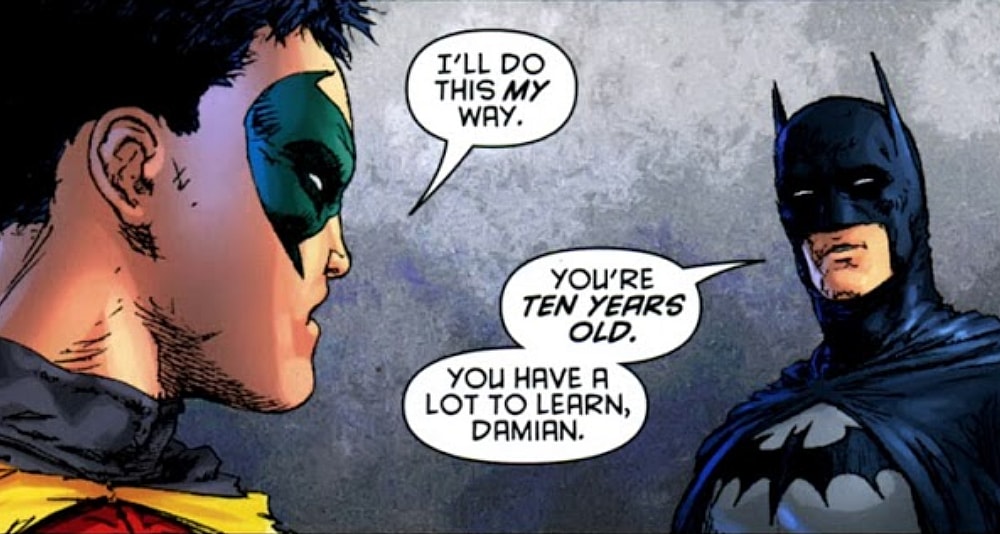
His ascension was miraculous in a certain way. With a background in television and animation, DiDio was an arrant outsider and perhaps the last person anyone would expect to work at, and later run, a comic book company. Still, he did it for nearly 20 years — 10 of those spent as a co-publisher starting in 2010 right before DC embarked on The New 52.
How he got his start was a winding road. Very much a fan, DiDio hired comic book writers for projects he worked on. He also had connections at CrossGen, but his sojourn into mainstream comics didn’t begin in earnest until he took an impromptu meeting with former DC President Paul Levitz. “In some ways, I broke into comics by going on a blind date,” DiDio quipped.
Levitz was looking to bring somebody in who had comic knowledge but scant industry experience. DiDio was looking for a job in the New York area post-9/11. A connection at Warner Bros. Animation introduced the two and the rest was almost history. DiDio explained to Mark Millar in a live stream they had this year how the process went.
“At the time, there was a lot of friction between Marvel and DC… and they felt they weren’t competing… so they’re looking for somebody to come in and to sort of shake it up a little bit. And I guess Paul… had brought a couple of people in before and it never really worked,” he said. The problem was nobody had ample comic knowledge.
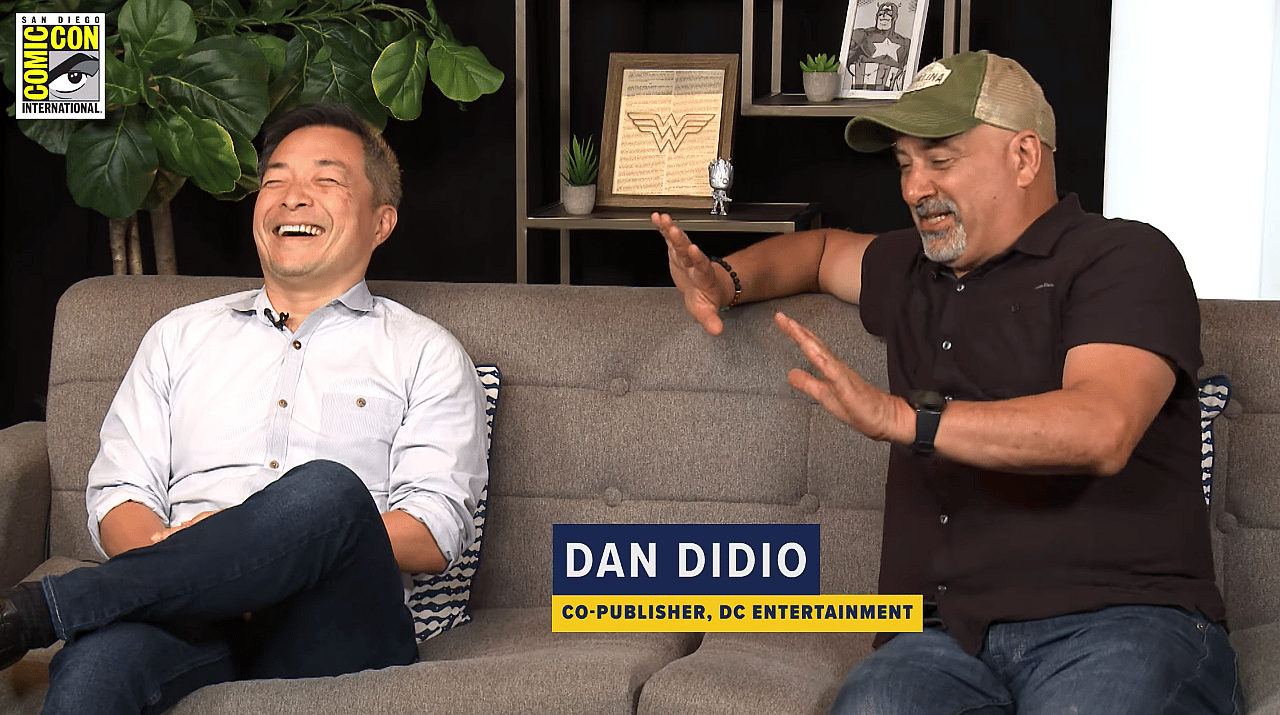
“They never had that depth of knowledge and I had a pretty deep knowledge base for comics, you know… and I was always working on the edges,” DiDio continued. He had six interviews with Levitz before his writing career was brought up, which included work with DC at that time. Levitz hadn’t realized DiDio was cowriting Superboy.
This led to a funny moment of checking issues on an office spinner rack, but DiDio went further to prove his bonafides. As he tells it, he broke down the first five years of Marvel in terms of structure. “I’ve been one of those…weird kids. I just didn’t enjoy comics, I enjoyed the business behind comics.”
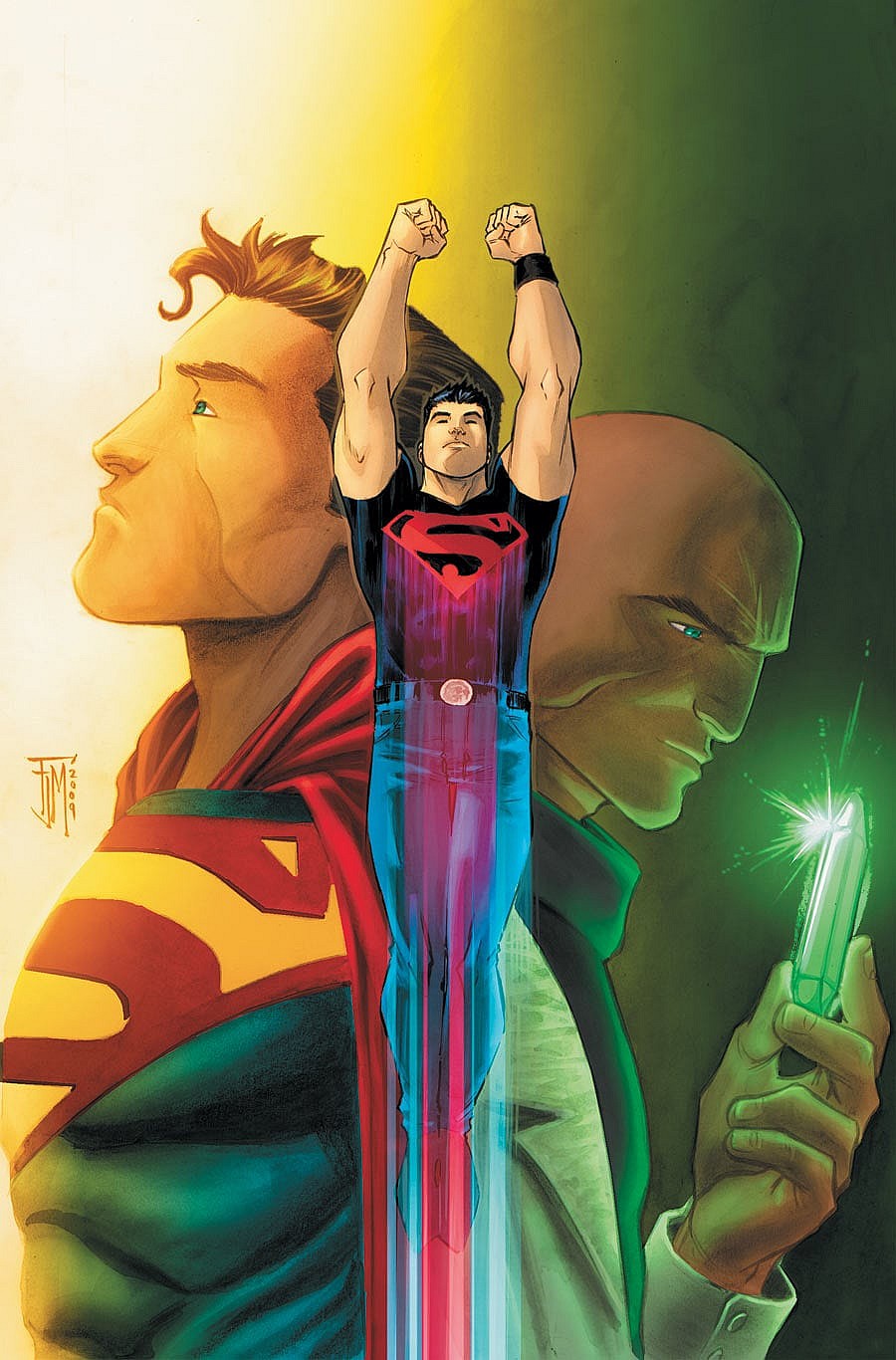
He added, “And I always loved reading the behind-the-scenes stuff, you know. I would look for those sales boxes and write down the numbers of what books sell well. I have no reason why I did it. I… found it interesting so I had always followed sales.” Despite all that, DiDio didn’t have a job in the office just yet.
Levitz eventually brought him on as the VP of Editorial, which DiDio revealed to Millar meant absolutely nothing and didn’t exist before. It was a new position created for the sole purpose of helping the future publisher “ingratiate” himself to everybody and learn the lay of the land. However, as glad as he was to have the job, it wasn’t the best experience.

“I got this job for a year and, uh, it was wonderful to be working in comics. I’ll be diplomatic, uh, but I wanted to get out of there as fast as possible. It was… rough, I mean, just as the outsider trying to break in. And it was a very tight-knit group at DC at the time. It was not a pleasant situation,” he recalled.
There was infighting and DiDio admits he was “woefully unqualified” and ready to resign. He always wanted to be like Stan Lee in a way, but once he saw what the grass was like on the other side, DiDio thought it was a little scary. On his way out, he suggested changes to Levitz who responded by making him executive editor.
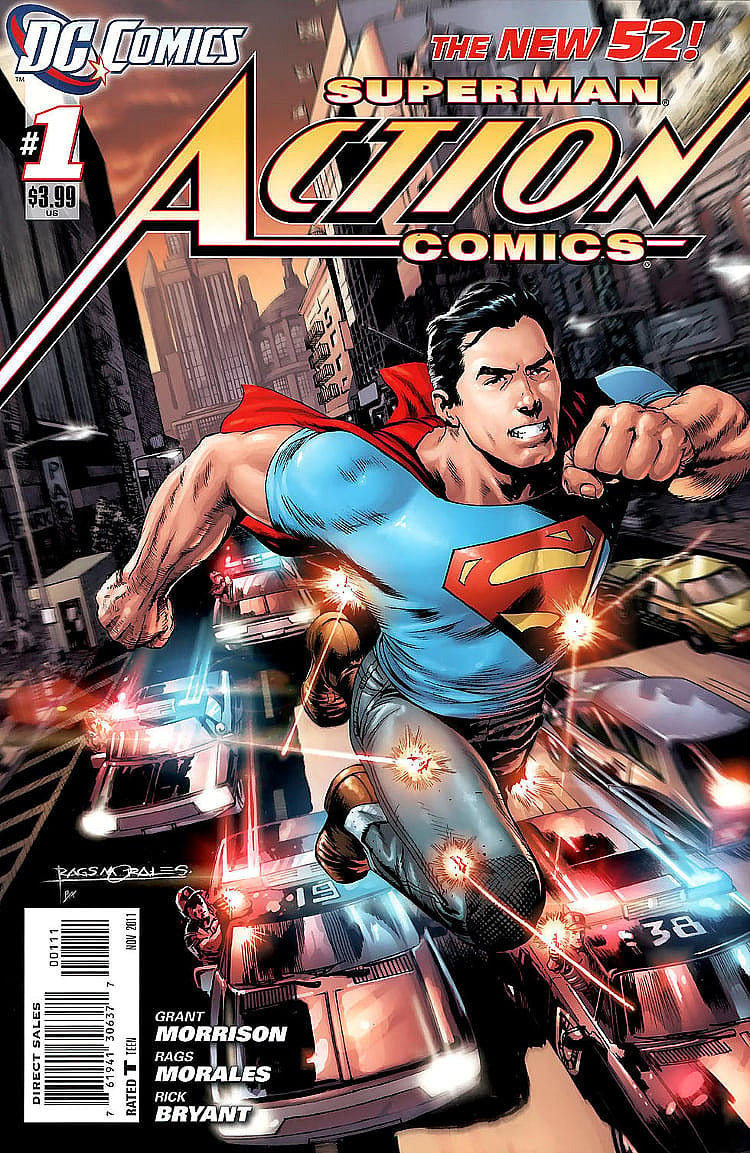
After two years, he had a better idea of what he was doing, but he still had trouble breaking up the rigid establishment at DC that he saw as unfocused. Creators who didn’t write books that sold were hung up on what somebody across the hall was doing. Employees also got free comics, which DiDio found out they wouldn’t buy otherwise.
Everyone grew complacent and wasn’t writing for a consumer audience. From bringing Hal Jordan back to launching Identity Crisis, DiDio battled to get what he wanted. Two things, he said, made achieving his goals possible. One was the success of the Hush storyline, and the other was mending fences with Wizard after years on the outs with the then-premiere magazine.
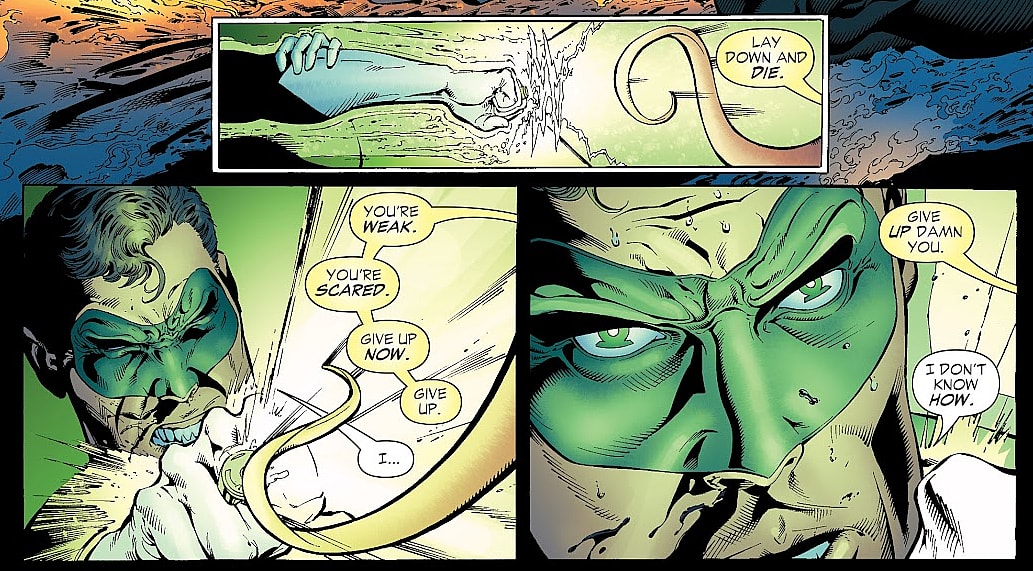
DiDio saw them as a vital promotional tool so he proved to them DC could properly promote Hawkman, first of all, and sell copies of the latest title. Things began to turn around, but the “civil wars” Mark Millar noted from before DiDio’s time there crept up in subtle ways that showed the office remained “entrenched” and “hostile.”
“You think you are working together and you are not,” said DiDio. “I think that’s worse.” But he had a trick that helped him. He went “straight to the talent” and circumvented the editors. DiDio had a pool of creators he worked with personally. Comprised of Geoff Johns, Judd Winnick, and Greg Rucka, the group oversaw primary characters and superteams.
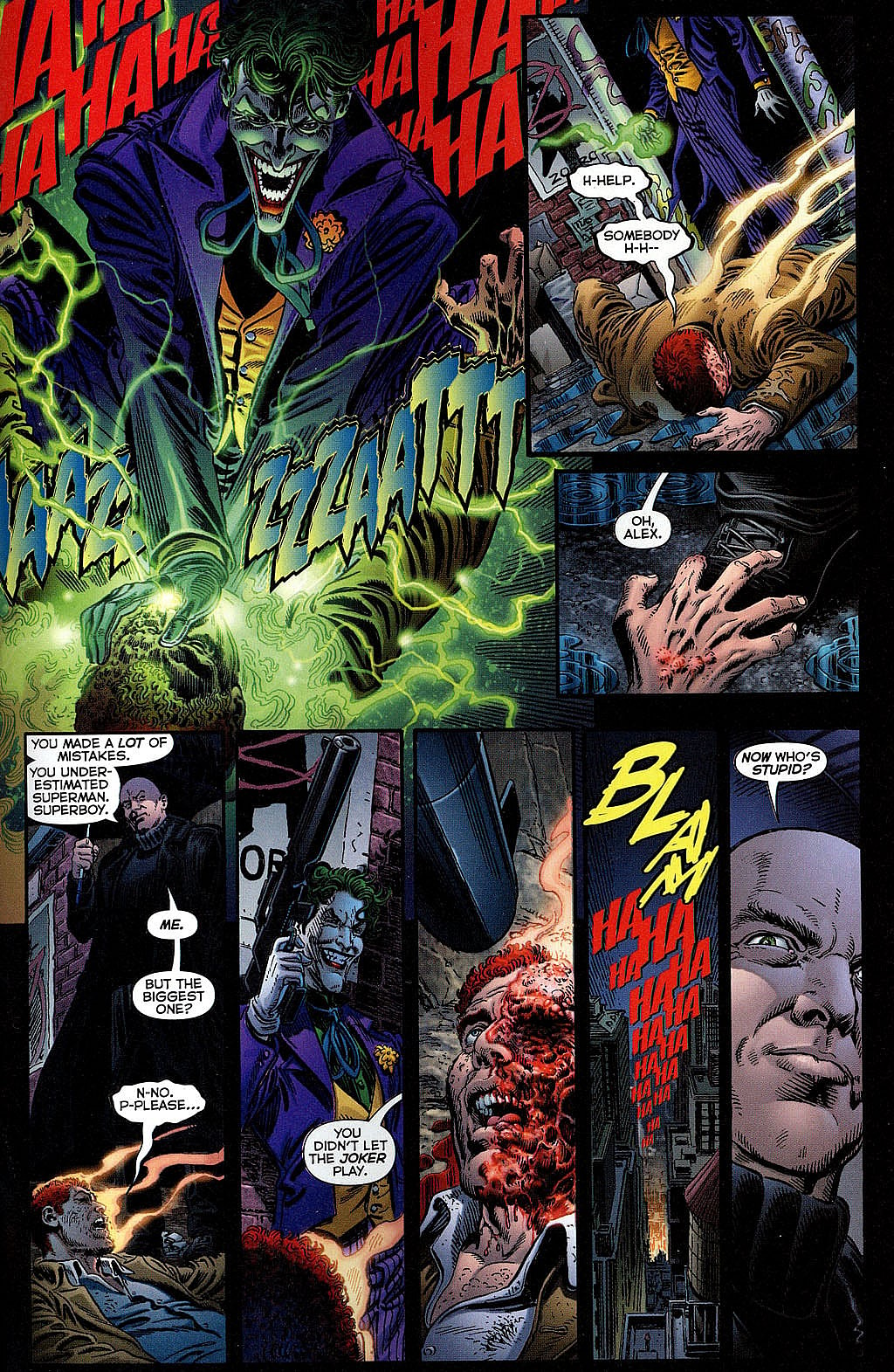
“Because of that, we were able to run a continuity because we were working together underneath it, and strangely, the editorial staff listened to the talent better than they listened to their boss,” DiDio recounted. “At that particular point, it was a way for us to move the story forward… and bring all these separate groups together in a way that didn’t happen [often].”
Things began to pull together to DiDio’s satisfaction and DC soon entered his favorite period creatively — between 2005-07 when Infinite Crisis took off.
NEXT: ‘Peacemaker’ Is A Bad Sign For ‘Superman: Legacy’ And The DCU, Here’s Why
